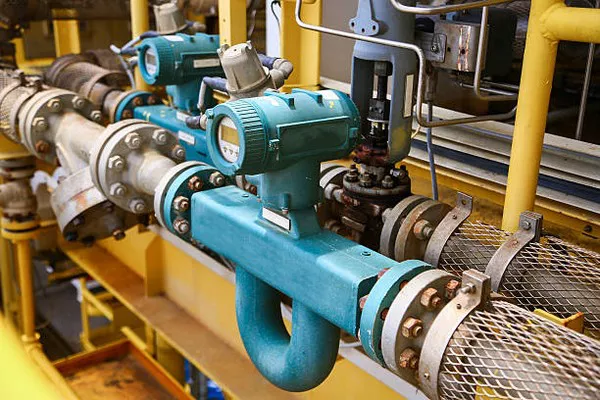Instrumentation amplifiers (IAs) stand as a cornerstone in the realm of electronic instrumentation, playing a pivotal role in enhancing the accuracy and reliability of signal processing systems. Designed to amplify the difference between two input signals while rejecting common-mode signals, instrumentation amplifiers find applications across a spectrum of industries, ranging from medical devices and industrial automation to scientific research. In this article, we delve into the intricacies of what instrumentation amplifiers are and explore their diverse applications in precision measurement.
Understanding Instrumentation Amplifiers:
An instrumentation amplifier is a specialized type of operational amplifier (op-amp) circuit that is engineered to provide high-precision amplification of signals, particularly in scenarios where low-level signals need to be extracted from a noisy environment. What sets instrumentation amplifiers apart is their ability to amplify the voltage difference between two input terminals while rejecting any voltage common to both inputs.
The Anatomy of an Instrumentation Amplifier:
Typically, an instrumentation amplifier comprises three operational amplifiers and multiple resistors arranged in a specific configuration. The architecture often involves a differential amplifier stage followed by additional amplification and buffering stages. The design aims to achieve high input impedance, low output impedance, and excellent common-mode rejection ratio (CMRR).
Key Characteristics of Instrumentation Amplifiers:
High CMRR: Instrumentation amplifiers are characterized by an exceptionally high CMRR, often exceeding 100 dB. This high CMRR ensures that any noise or interference present in both input signals is largely canceled out, leaving only the differentiating signal for further amplification.
Precision and Accuracy: The design of instrumentation amplifiers prioritizes precision and accuracy. The use of precision resistors and careful circuit design results in low offset voltage, low drift, and high common-mode rejection, making them ideal for applications demanding high accuracy.
Variable Gain: Many instrumentation amplifiers offer the flexibility of adjustable gain. This feature is crucial in scenarios where the magnitude of the input signal varies or where precise control over the amplification factor is required.
Applications of Instrumentation Amplifiers:
Medical Instrumentation: Instrumentation amplifiers play a critical role in medical devices such as electrocardiograms (ECGs), electromyography (EMG) systems, and patient monitoring equipment. These applications demand high precision and the ability to extract weak biological signals from a noisy environment.
Industrial Automation: In industrial settings, where sensors and transducers are deployed to monitor various parameters, instrumentation amplifiers aid in extracting weak sensor signals, especially in the presence of electrical noise generated by machinery.
Strain Gauge Measurements: Instrumentation amplifiers are extensively used in strain gauge measurements, where minute changes in electrical resistance are translated into voltage variations. This is particularly valuable in applications like load cells, pressure sensors, and force sensors.
Bridge Circuits: Wheatstone bridge circuits, commonly used in sensors and transducers, benefit from instrumentation amplifiers to amplify the small differential voltage arising from physical changes being measured. This is crucial in applications like temperature sensing and pressure measurement.
Data Acquisition Systems: Instrumentation amplifiers are integral components of data acquisition systems, where precise measurement of analog signals is paramount. They enhance the signal-to-noise ratio, ensuring accurate data conversion and reliable performance.
Audio Processing: In audio applications, instrumentation amplifiers find use in balancing and differential signal processing. They help in eliminating common-mode noise, ensuring clean and high-fidelity audio signals in professional audio equipment.
See Also: What Is Instrumentation Technician?All You Need to Know
Conclusion:
Instrumentation amplifiers represent a vital link in the chain of precision measurement and signal processing. Their unique ability to amplify differential signals while rejecting common-mode noise makes them indispensable in applications where accuracy is paramount. From medical instrumentation to industrial automation and scientific research, instrumentation amplifiers contribute to the advancement of technology by ensuring the faithful representation of signals in the presence of challenging conditions. As technology continues to evolve, the demand for instrumentation amplifiers is likely to grow, driven by the pursuit of higher precision and reliability in a diverse array of applications.

